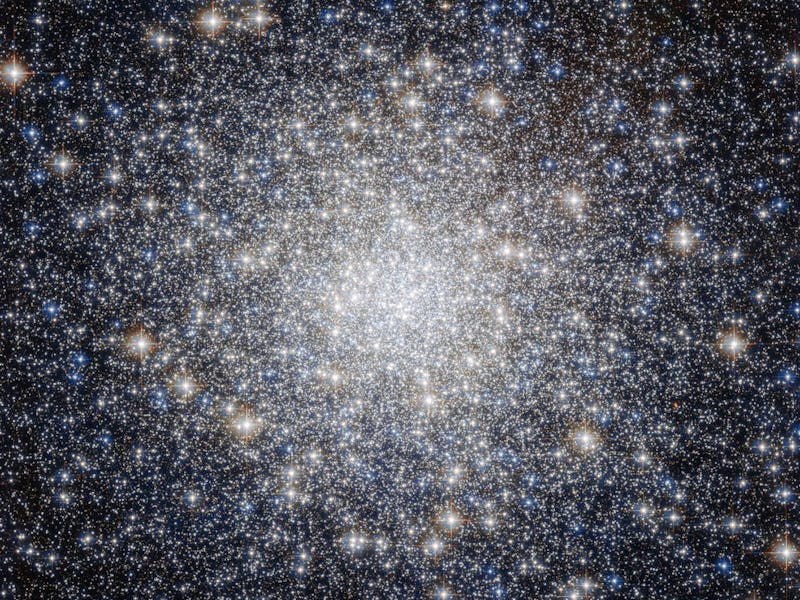Neil deGrasse Tyson’s Super Bowl tweet: It will make you feel very small
If the universe were a football field...

While the United States watched American football, astrophysicist Neil deGrasse Tyson casually considered how minuscule humanity’s entire existence has been in comparison to the history of the cosmos.
On Sunday, as the nation tuned into the Super Bowl, the famous astrophysicist took to Twitter to engage in a stellar bit of science communication — breaking down the history of the universe by comparing it to the football field.
Tyson wrote: “If the Football field were a timeline of the 14-billion year old Universe, with the Big Bang at one end, then at the other end, the width of a single blade of grass spans 30,000 years of human history, from Cro-Magnon to the present.”
Our sheer insignificance is hard to wrap your head around. Here is a breakdown of what he meant.
A single blade of grass
The age of the universe extends long before the Earth was formed. And the universe will likely live on way past our time as well.
The universe came to be around 13.8 billion years ago within a fraction of a second. Some attribute its birth to the Big Bang, a stellar explosion unlike no other that suddenly spewed out the material that makes up the stars and galaxies.
A 'baby picture' of the universe highlighting temperature fluctuations around areas that later grew into galaxies.
After about 9 billion years, a planet we are quite familiar with was formed. Scientists estimate that the age of the Earth is around 4.5 billion years. And the planet likely has about 5 billion years left on the clock — that's the point the Sun, our host star, is likely to die.
After Earth formed, it took another couple of billion years for mammals to start strolling their way across the planet's surface. In terms of the universe's total timeline, we are already 86 percent of the way along to the present.
Fast forward, and, according to fossil records, finally, the first ancient human species appeared around 66 million years ago. We are now 99.5 percent of our way along the universe's history to the present.
Cro-magnons, which Tyson refers to in his tweet, were a population of early humans. Their fossilized remains were first discovered in 1868, in a southwestern region in France. These old bones were among the first fossils to be recognized as belonging to our own species.
So let's take a step back. Putting humanity’s entire existence into perspective by placing it on the infinite timeline of the universe’s history, then the 30,000 year existence of our species, Homo sapiens, makes up about 0.0002 percent of the universe's entire history to the present.
Feeling insignificant yet?
Of course, scientists are not sure how many “blades of grass” that might share similarities with our own species throughout the universe. There may be other life forms out in the cosmos that take up entire yards of greenery. And despite our short existence, we are inching closer to discovering their existence.